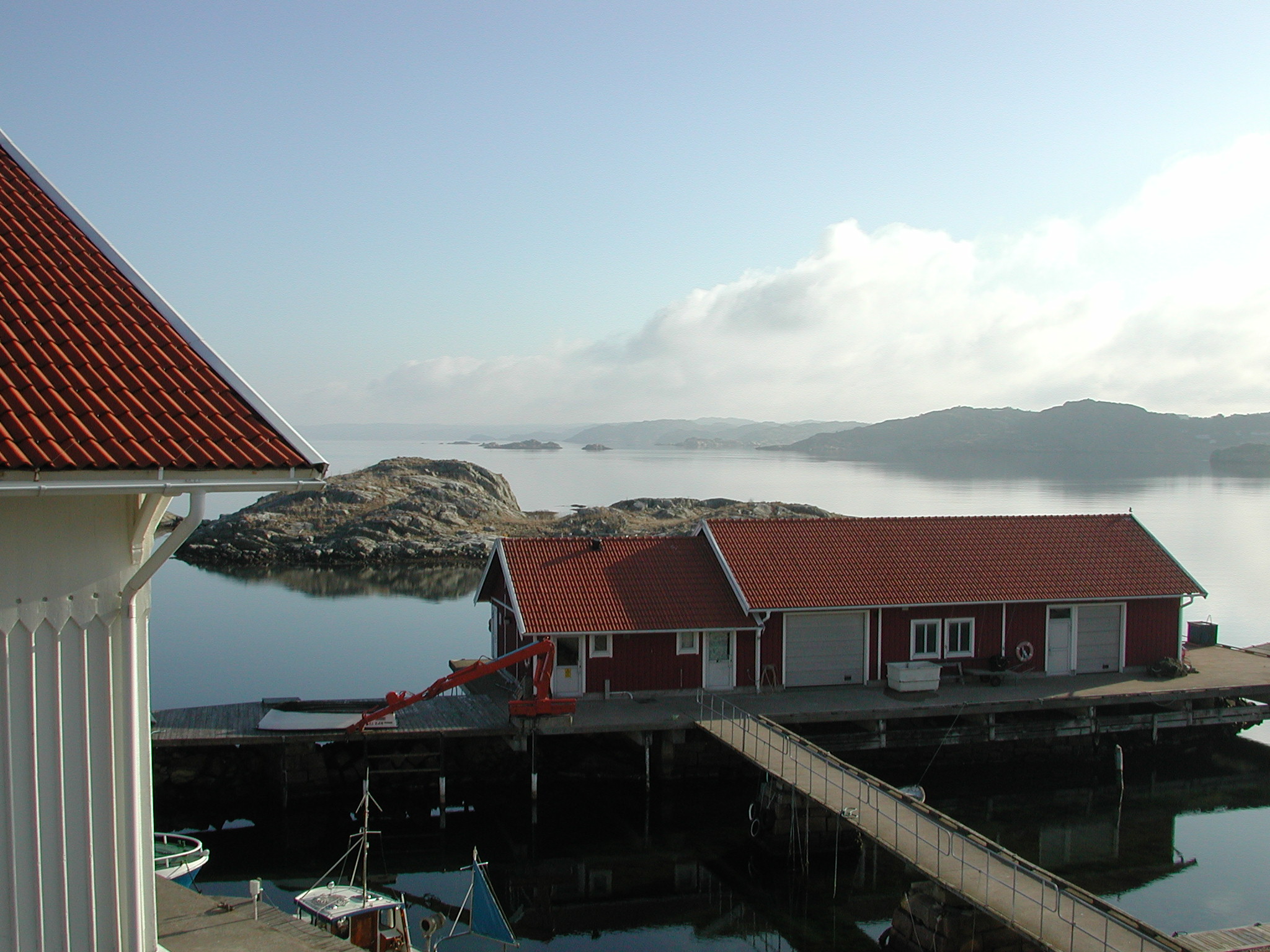Sweden welcomes European expedition studying human impact on seas and coastal regions
Our seas and coasts host an extremely rich diversity of life and play critical roles in the stability and sustainability of wider ecosystems. However, anthropogenic interferences are leading to accelerated loss of species’ genetic diversity and destruction of functional ecosystems. To minimise the future impact of such external factors on coastal biodiversity, we must understand the molecular and cellular basis of how organisms interact in ecosystems and react to external pressures in the context of their natural habitats.

The ‘Traversing European Coastlines’ (TREC) expedition is the first continent-wide project to study coastal ecosystems and their response to the environment, on scales from molecules to communities. Led by the European Molecular Biology Laboratory (EMBL) together with the Tara Ocean Foundation, the Tara OceanS Consortium, and the European Marine Biology Resource Centre (EMBRC), TREC also involves national research institutes such as the Askö laboratory of the Baltic Sea Centre of Stockholm University and the Kristineberg Center for Marine Research and Innovation in Sweden.
This scientific endeavour combines land- and sea-based expeditions along the entire European coast. At each point where the EMBL team with the mobile laboratory and collaborators will sample soil, sediments, and shallow water, the schooner Tara will sample the associated marine ecosystems – on the same day and in the immediate vicinity. At the stop in Askö, the scientific activities included soil, water and aerosol sampling involving EMBL’s mobile laboratories and onboard the Tara schooner along land-sea transects. The stop in Kristineberg additionally includes EMBL’s Advanced Mobile Services, which bring some of the most advanced technologies to laboratories across Europe. The equipment and technologies that are part of the services allow scientists to perform leading subcellular research in direct proximity to the field.
The TREC expedition brings together more than 150 research teams from over 70 institutions in 29 European countries. Their work will cover different scales of life – from viruses and bacteria to algae, plants and animals – on land, in river estuaries, and at sea.
The scientific teams will study the biodiversity and ecosystems on land and at sea, as well as the interactions of organisms with each other and with the environment. They will also collect information on factors such as the presence of pollutants, antibiotics, pesticides, or hormones, as well as temperature, salinity, and oxygen levels.
In total, TREC will examine the biodiversity and molecular adaptability of life at the molecular scale at 120 coastal sampling sites across 46 regions in 22 European countries. Several of these sampling sites are located in and around Askö and Kristineberg.
Improving coastal health will require not only scientific knowledge but changes to the way societies interact with and use our seas, oceans, and coastal regions. In Stockholm, the Tara schooner opened its doors to more than 300 members of the public, and showcased its activities in a photo exhibition at the dock next to the boat from 14 to 18 July 2023.
The TREC stop at Kristineberg will include activities for the general public during Västerhavsveckan, with open doors at Kristineberg Center on 9 August 2023.
The TREC expedition benefits from Horizon Europe funding through the BIOcean5D project (GA#101059915).
Views and opinions expressed are however those of the author(s) only and do not necessarily reflect those of the European Union. Neither the European Union nor the granting authority can be held responsible for them.

